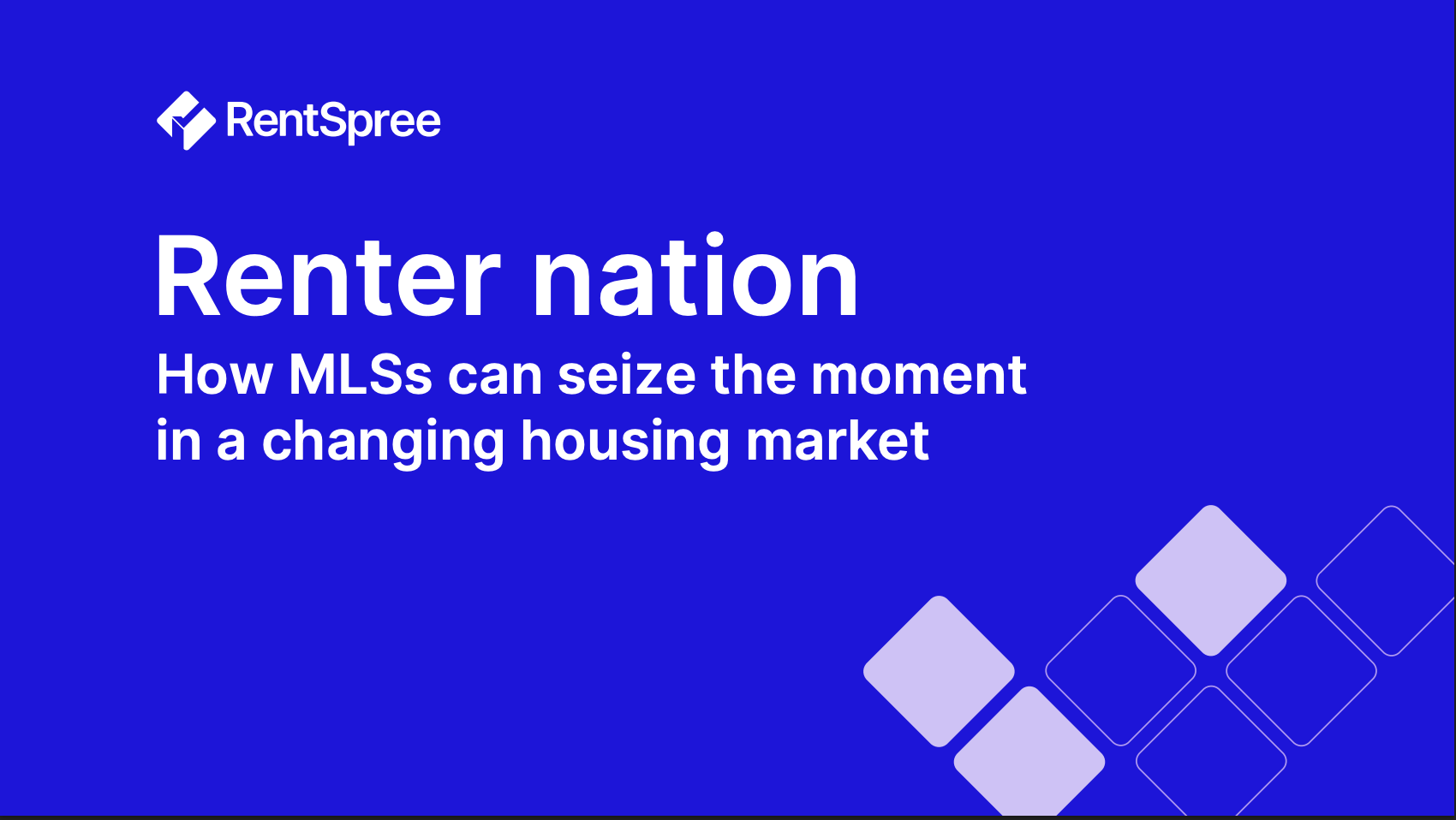According to the National Association of Realtors, while many real estate professionals are constantly chasing new leads, the secret to effective marketing lies in our existing relationships. That’s because when you reach out to those who already know, like and trust you – or who have worked with you previously — you’re able to take advantage of instant rapport and prior authority-building. That's where your real estate CRM benefits come in, helping you to stay top of mind with both new and existing connections so that you can market to them more effectively.
What did people do before real estate CRMs?
If you’re a newer real estate agent, you may not be familiar with a time before real estate CRMs. There are a variety of CRMs with different capabilities and purposes on the market, including rental client management platforms that help you keep track of the timeline of renters and rental properties in your pipeline.
Before CRMs were developed for real estate, the problem of how to organize and communicate with contacts was left to more casual approaches, including the following:
Paper record-keeping
You may remember the old-fashioned Rolodex, a collection of notecards organized with either a rotational stand, a plastic filing box, or even a large filing cabinet. Aside from being time-consuming and easy to lose or destroy, paper records did nothing to help bridge the gap between gathering and storing information and actually using that information.
Spreadsheets
Some people still use spreadsheets like those from Excel or Google Sheets to try to put together and categorize the contact information for their sphere of influence. While spreadsheets can give you a place to store information and can even provide some limited functionality for organizing that information, they can quickly become messy and outdated. What’s more, it’s all-too-easy to accidentally erase an entry or move it to the wrong column, undoing all of your hard work.
Multiple communication platforms
Here’s where many people are right now, with separate lists saved on separate platforms from a telephone or email contact list to a website subscription list to contacts saved on social media channels. Whereas a real estate CRM can provide a comprehensive, organized approach to data management, keeping contacts saved across multiple platforms does little or nothing to help you put that information to work for your real estate business.
What are the main benefits of CRMs?
As you can see, an organized real estate CRM offers a host of benefits that DIY organizational options cannot. Here’s how you can put the power of a properly managed CRM to work for your marketing and outreach efforts.
Gather information about your sphere of influence
You need more than a name and phone number or email address. You need to know where you met that contact, what they need, and where they are in their home sale, rental search, or home purchase process. In addition, you’ll want to keep up with important dates, including their birthday, the date their current lease expires, or when you told them you’d follow up with them.
Create ways to communicate with your sphere of influence
According to British anthropologist Robin Dunbar, humans are capable of nurturing 150 relationships at the most. Think about how many people are in your sphere of influence, including
- Family and friends
- Professional contacts
- Neighborhood acquaintances
- Colleagues with whom you regularly do business
- Members of clubs or professional organizations
- Service providers and professionals with whom you do business
- Secondary acquaintances who you know through your family and friends
- Past clients, current clients, leads, and referrals
That probably adds up to far more than 150 — and you need a way of staying in touch and top-of-mind with each of them. A CRM or RCM can allow you to find ways to communicate, including sending birthday cards, giving a social media shoutout, or providing regular ongoing communication like market reports or an email newsletter.
Distribute content with your sphere of influence
Do you write a blog, host a podcast, or create video content for a YouTube channel? All of your hard work and content creation won’t do much for your business if no one is seeing it. One of the best real estate CRM benefits is the ability to capture an audience that’s ripe for your message, offering you a place to distribute the content you create. Send out an email or text blast with a link to your latest content or create targeted categories and differentiate the content you share for the specific needs of your segmented audience.
Follow leads through the sales funnel
If you’re tracking your leads effectively, you’ll figure out how long it takes people to make a decision and what steps are necessary for them to rent a home, list a home, or purchase a home. That gives you a great opportunity to reach out repeatedly throughout the run-up to their decision-making process, providing information and outreach as needed so that you’re always there when they have a question or concern.
Automate communication for consistency and convenience
Better yet, you can plug new and existing leads into an ongoing, automated communication process so that they’re getting regular updates and messages from you. That frees you up for the tasks that only you can do while ensuring that your most valuable leads never feel ignored.
Rentspree’s rental client manager (RCM) is a great option for keeping your client and sphere of influence data organized and usable. Make sure you keep your agent profile up-to-date so that you’re always visible and top of mind for rental clients, landlords, prospective buyers, and homeowners who may be thinking about listing their property with you.
Screen and lease with confidence
Find qualified tenants faster than ever with results you can trust.


Related posts
Want to make rentals easier to manage?
Save time on marketing, screening, and payments. Join over 2 million agents, landlords, and renters using RentSpree.





.jpg)

